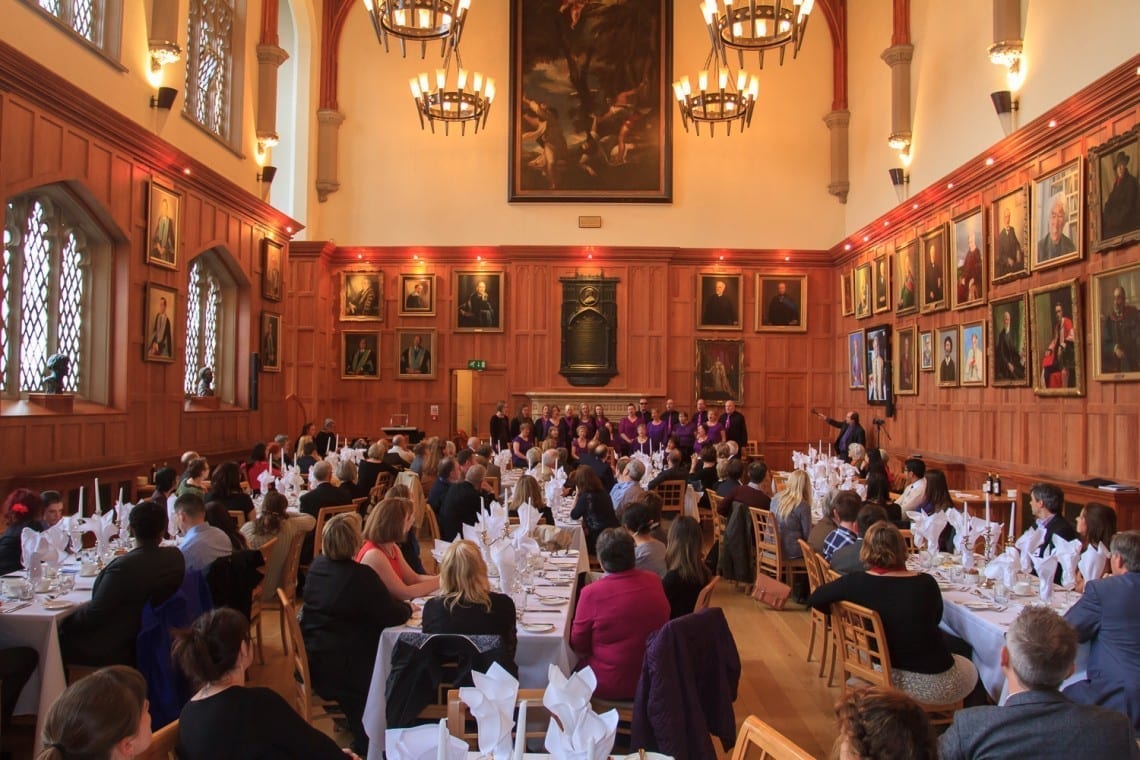
The 4th international DOCTRID conference took place in Queen’s University Belfast on 27th & 28th April and was attended by over 150 delegates from a host of countries including Ireland, the UK, USA, France and Belgium. The conference was hailed as a success by delegates and offered a much appreciated and unique opportunity for researchers, care providers and families to come together to discuss the challenges facing people with intellectual disability and autism spectrum disorders and the future directions of research needed to improve their quality of life.
The close collaborations between expert researchers and clinicians, carers, industry and service providers means that the DOCTRID Research Institute can act as a driver for change and make a real difference in the lives of people with Intellectual Disability or Autism.
Leading researchers and practitioners in behaviour analysis, psychology, computer science, service provision and special education participated in discussions with family members and carers in 4 major themes of ‘Social Inclusion’, ‘Gaps and Innovation in Service Delivery’, ‘Prevention and Epidemiology’ and ‘Future of Assistive Technologies’. Day 2 of the conference took the form of workshops where groups gathered for round table discussions to identify areas of key importance for research focus and to get a better understanding between the different groups of academics, service providers and family members.
The €9M EU Marie Curie ASSISTID programme, coordinated by the DOCTRID Research Institute and co-funded by RESPECT will be a main driver of this research over the next four years. ASSISTID will fund 40 researchers to undertake projects in Assistive Technologies for ID/ASD (for more information visit www.assistid.ie). RESPECT also co-funds the Michigan State University-DOCTRID Hegarty fellowships which are two year projects co-located between MSU and Irish DOCTRID partner universities, see http://www.educ.msu.edu/cepse/rehab/hegartyfellow.asp for more information.
The role of Assistive Technologies is a central focus of DOCTRID and the ASSISTID programme. Dr Ger Craddock from the National Disability Authority and Centre for Inclusive Design provided an excellent overview of the current policies and provision around Assistive Technologies (AT), the findings from the NDA 2012 report on AT showing a high level of unmet need within this field, and the importance of user-led design and universal design. AT are devices and tools which allow people to perform many of the tasks of daily living and to participate in social activities, employment and education. It has been said that “for people without disabilities, technology makes things easier, for people with a disabilities, technology makes things possible”.
[SlideDeck2 id=1978]
